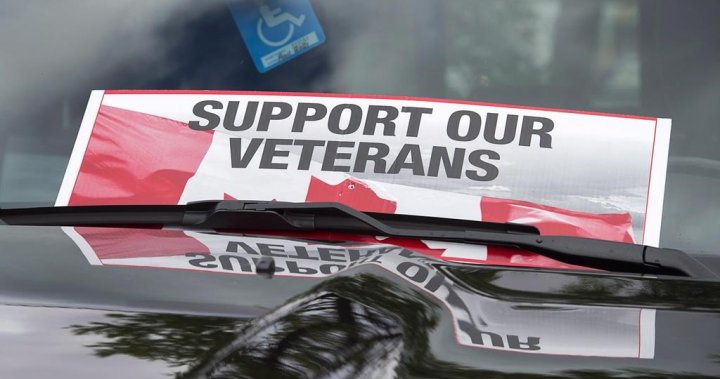
Feds face calls to step up amid ‘over representation’ of homeless veterans
Global News
Grassroots groups have been stepping up to fill what some see as a gap between the government's responsibility for providing support for veterans without housing.
Dan Campbell and Benjamin Van Eck were fast friends while serving in 2 Royal Canadian Horse Artillery. The pair were “Stuck at the hip,” as Campbell describes it, during months of training and a deployment to Afghanistan in 2007 where they served on the same gun.
“We didn’t have the best upbringing and we basically joined the army and we knew it was our last shot at something,” Campbell recalls. “I wasn’t given anything and I had to work hard for whatever I had. He was the same, so we gravitated towards each other.”
Yet while Campbell would eventually settle down to start a family, Van Eck struggled with addiction and homelessness after hanging up his uniform. His body was found on the streets of London, Ont., this past June.
Van Eck’s death was a tragic reminder of the disproportionate number of veterans who end up unhoused and on the streets after serving the country. And while Ottawa has been promising a plan to address the problem for years, it has yet to deliver.
Instead, grassroots groups have been stepping up to fill what some see as a gap between the government’s clear responsibility for providing support for veterans without housing and what it provides.
“We’re seeing progress around the country. We’re seeing an eagerness in communities on the ground to solve the problem,” says Tim Richter, head of the Canadian Alliance to End Homelessness.
“And we now need to see some urgent movement from the federal government. I mean, governments have talked about this issue for decades.”
There are no definitive statistics when it comes to the number of homeless veterans, but estimates have placed the figure between 3,000 and 5,000. A point-in-time survey of emergency shelters in 61 communities in 2018 found 4.4 per cent of users were veterans.













